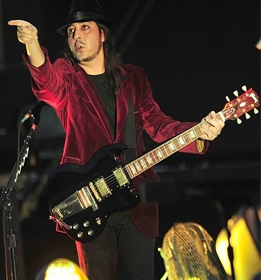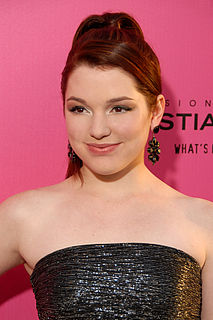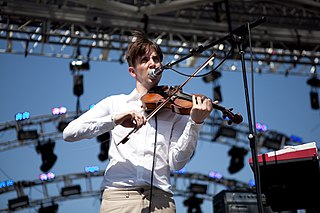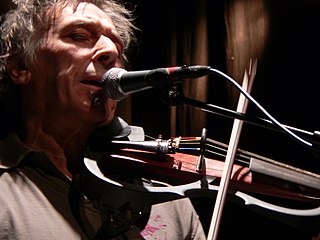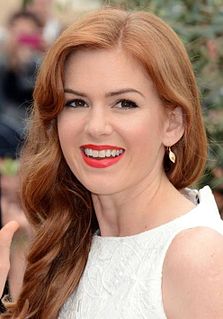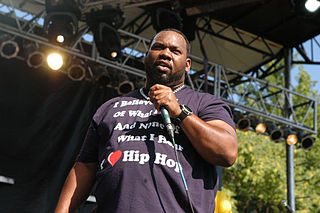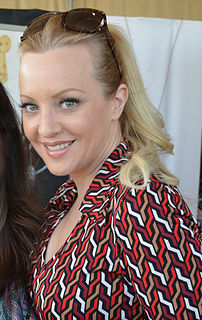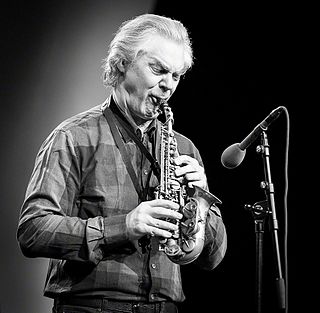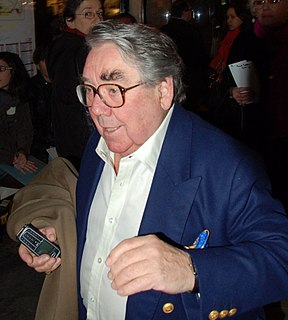A Quote by Daron Malakian
Whatever I write has to evolve around my taste in music at that moment, because that always changes.
Related Quotes
You can learn to write. But what you write is something that depends on your taste and on your vision or whatever. Also, of course, the music I listened to inspired my idea of music. When people ask me "Where's your inspiration? Where does it come from?" I have no idea. Music is about music. Not about life and love.
Public taste changes and the aesthetic of a culture changes over time, so the idea isn't to appeal to the aesthetic of the moment and what people will like right now; the idea is to somehow keep yourself in the public memory so that as taste evolves it will eventually come to embrace your thing. So, it's about writing to be remembered rather than writing to be liked.
TV taste is an aftertaste. Whatever gets on the tube is always a foregone conclusion, a fait accompli. That is, any new ideas or social changes have already been fought for in the real world of the streets, or in the bedroom or even the law courts long before they reach the screen. By the time you see it on prime time, it's usually all over and done with, whatever it was. Television by definition is not avant garde. It is often reactionary and always sentimental.
I've always identified people's taste in music as being kind of hetero and/or homo - there's music people like because they feel like they have aesthetic similarity to it and the music they wish to create, and then there's music that represents the other, that they listen to because it represents an escape from the music that they have to make.
I write in the studio, I don't sit around with a piano or a guitar and write songs. I get satisfaction out of that because I can finish the song really quickly. I can use whatever momentum I have. I've got to put it down, develop it, and get it as far [as I can], because the excitement of the moment of when you get that idea - you want to try and hold it and build on it and really gain strength from it. Being in the studio and writing songs like that is really the best way.
I always write to the moment. I've always been that kind of emcee. I don't wanna come in with all the paperwork and all o' that or whatever. That's good when you just an emcee from off the block that really don't have to work as hard as the next man. But when, you know... Y'all make me write like this, from, I guess, me makin' a classic and everybody callin' my stuff classic material - that makes me have to work ten times harder. But a lot o' times things just happen at the moment for me: spur o' the moment. That's just how it goes sometimes.
I wanted to be a musician. I just wanted to be famous because I wanted to escape from what I felt was my limitation in life... And I wanted to write music, and I didn’t know what I was doing and I never had the technique or understanding of it... But I’ve always played the piano and I can improvise on the piano, but the problem is that I can’t write down what I write. I can read music but I can’t write numbers.
As a performer, you can't just sit around waiting for the phone to ring. You have to write and develop projects for yourself, because casting people aren't always going to see you the way you want to be seen. Write a one-person show, shoot a short film, do plays, whatever - activity breeds activity. No one's interested in a stay-at-home actress.
